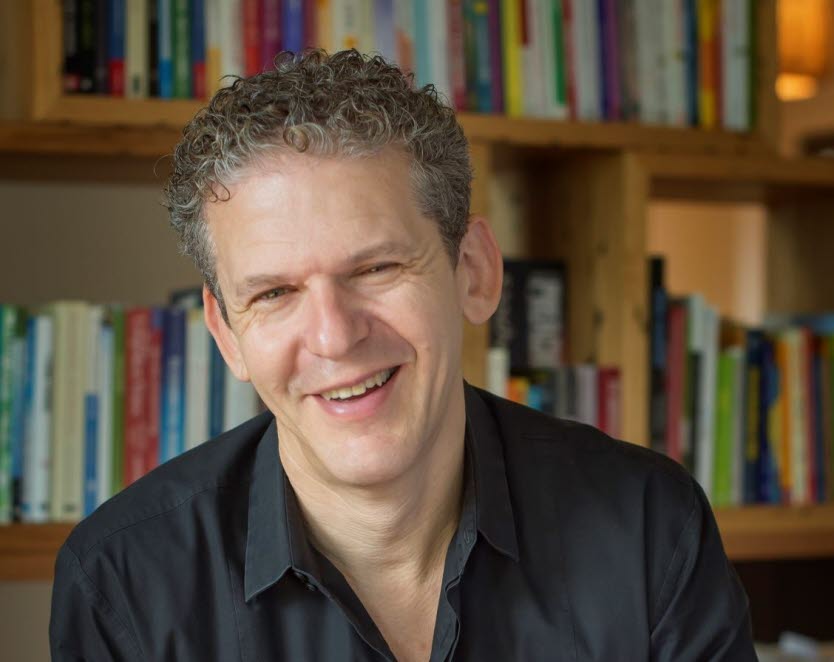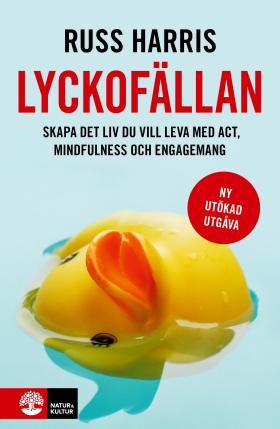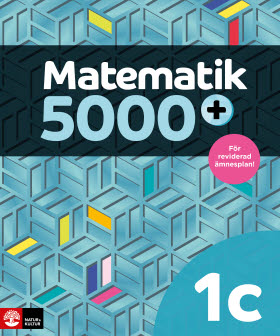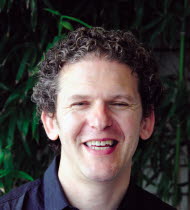The happiness trap
Här svarar Russ Harris på frågor kring den nya utgåvan av Lyckofällan, eller The Happiness Trap, som den heter på engelska.

How has you understanding of ACT and the way you teach/practice it changed since you wrote the first edition of The Happiness Trap?
I’ve learned to teach it more simply (I hope). One of the biggest changes is the practice of ‘dropping anchor’ when ‘emotional storms’ blow up. This is arguably the simplest, yet most powerful, mindfulness practice in ACT. It originated from my work with the World Health Organization, taking ACT into refugee camps in Uganda, Syria, Turkey, and other countries.
To people who are unfamiliar with the teachings in The Happiness Trap, how would you sum up its main point(s)?
It’s called ‘The Happiness Trap’ because the way most of us go about trying to find happiness ends up making us miserable, driving the epidemics of stress, anxiety, and depression. The book presents insights and techniques from ACT (Acceptance and Commitment Therapy) a revolutionary new psychotherapy based on cutting-edge research in behavioral psychology. By clarifying your values and developing mindfulness (a technique for living fully in the present moment), ACT helps you escape the happiness trap and find true satisfaction in life.
What surprised you the most when you worked with the new edition?
How much the world has changed since I wrote the first edition in 2005. In the first edition, I talked a lot about TV, radio, magazines, email, and the internet – but there was no mention of Facebook, Twitter, Youtube, Social media, smart phones, text messaging, as those things either didn’t exist or weren’t yet well-known.
How will the new edition of The Happiness Trap be useful to therapists?
It’s loaded with simple but practical tools, techniques, and strategies that are incredibly useful for depression, stress, and anxiety disorders.
Intervjun genomförd i oktober 2023.


Lyckofällan
Lyckofällan handlar om hur man kan komma bort från den ofta misslyckade jakten på lyckan. En central tanke är att acceptera alla känslor och tankar i stället för att försöka parera dem. Innehållet bygger på ACT, Acceptance and Commitment Therapy som är en vidareutveckling av kognitiv beteendeterapi.



